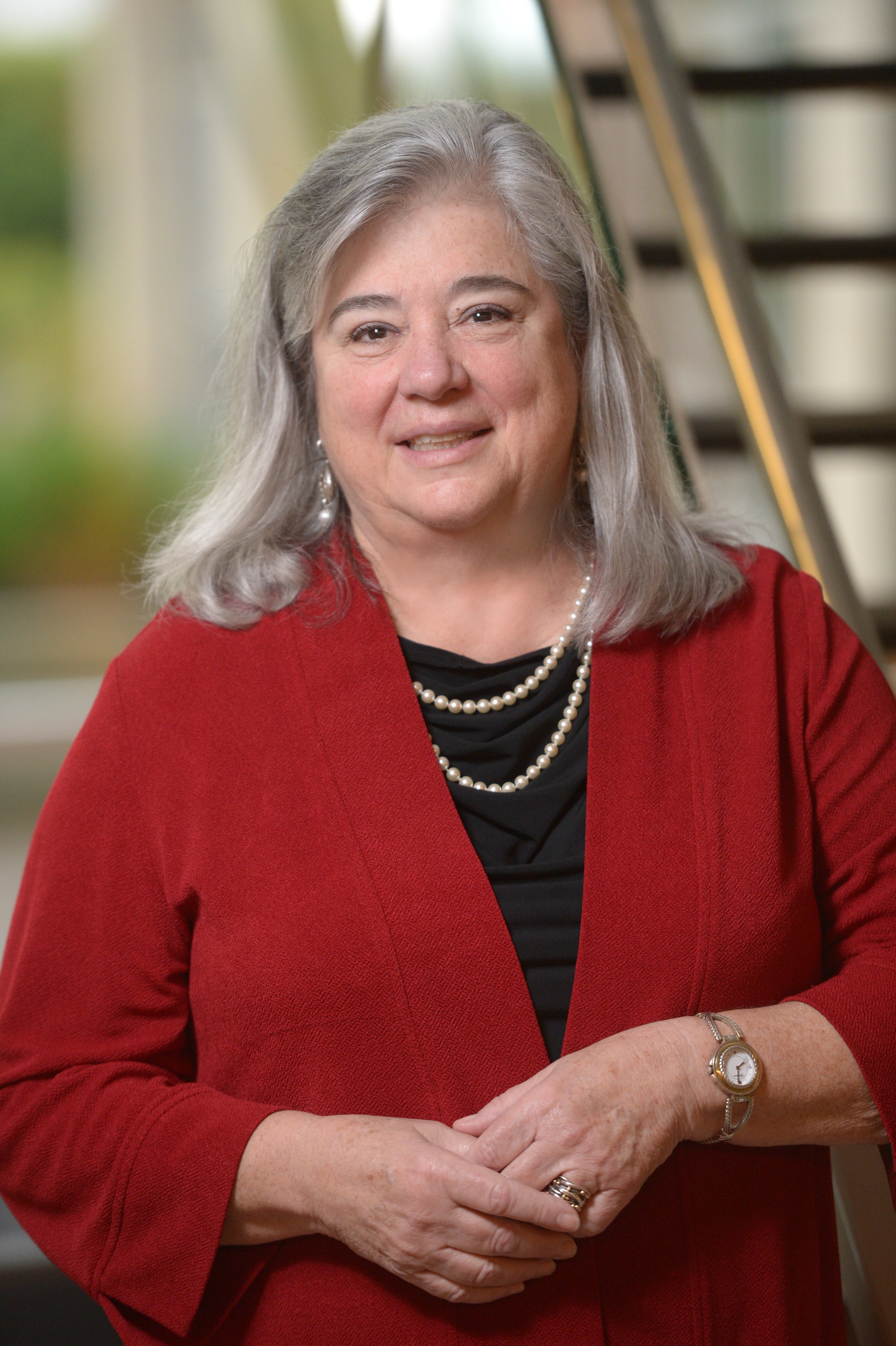Summer’s Dog Days Are Energizing, Not Lazy, for ONS and Its Volunteers

A few weeks in July and August are known as the dog days of summer—the days where the heat makes us feel particularly laid back and lazy. I have always thought that these hottest days of the year, when even dogs languished from the heat, gave us a chance to slow down and offered a break from the intensity of work or school. It was a time for families to enjoy relaxing vacations and children to make memories of new friendships and adventures. I decided to Google the meaning of dog days and lazy days. I found that the term lazy days was similar to my thinking, but dog days has a different meaning.
Dog days refers to the dog star, Sirius. When the rising of the sun aligned with Sirius, the ancient Greeks and Romans called this period the dog days (https://news.nationalgeographic.com/2015/07/150710-dog-days-summer-sirius-star-astronomy-weather-language). Because Sirius is so bright, Romans thought it gave heat that added to the sun’s heat (https://www.farmersalmanac.com/why-are-they-called-dog-days-of-summer-21705). Today we still associate the meaning of dog days, like lazy days, as a time of change in pace.
In my early career years, there was a rhythm to the occupancy of the hospital where I worked in North Carolina. It was aligned with the farming calendar, when planting, harvesting, and barning tobacco all influenced when families took care of their health needs. Census was lower, and vacations for staff weren’t a challenge. That has seemed to change.
In the association world, I have noticed our pace changing, too. We have very few lazy days as we work with many member volunteers to meet your needs, advocate for the profession and our patients, set the standard for excellence in practice, increase funds for professional development, and promote health and safety by validating competence. This summer, for example, our three organizations have been busy with board meetings, strategic planning, program development, and conferences.
The journal editorial boards met to plan for 2020. Our first ONS Guideline Panel meetings launched the work to progress the ONS Putting Evidence Into Practice resources to guidelines, with hot flashes and constipation as their focus. A successful Navigation Summit was held in Philadelphia, PA, in June 2019, the third year of our collaboration with Oncology Nurse Advisor to meet education needs of navigators and care coordinators. More than 300 chapter leaders attended the annual ONS Chapter Leadership Weekend meeting, learning from each other and staff about new strategies for chapter success. We held a Leadership Development Initiative meeting with members, nonmembers who have leadership expertise, and staff to envision what resources to develop and how to deliver them to strengthen leadership skills and opportunities for members. And we have been active with much more.
It has not been the lazy days of summer for the many members who’ve volunteered in these activities, which we greatly appreciate. I wonder if the dog days of summer really mean that the days are longer, there is more energy in the atmosphere from Sirius, and creativity and commitment to the future of ONS does not languish like we may see in our dogs.
